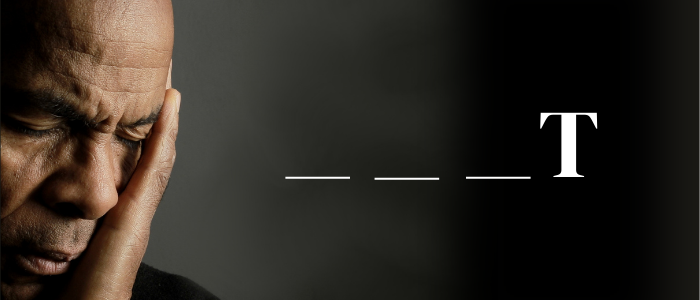LEADERSHIP
Unequivocal Responsibility OR Something Less
I take full responsibility for my behavior. This is what I did and my part in what happened. How has what I’ve done affected you? I am willing to make things right. Here’s what I intend to do. Is there anything else you need from me?
OR
I recognize that something has happened and that I may have contributed to it. This might have affected you or others. If it did, please let me know and what you need.
OR
As we all know, something has happened. It’s a complicated issue with many contributing factors. We should all consider how to do better in the future as we put this behind us.
Which would you rather hear when directly impacted by harmful behavior? Which would you rather hear from a boss who behaved badly, from a company that polluted a river, or a politician who lied to their constituents? I’m sure that most people would rather hear the first response.
And yet, which response sounds most like what we actually say when we are the ones in the responsibility-taking hot seat? It probably sounds more like the second or third response.
The first response is definitive, in the first-person, emphasizes personal responsibility-taking, doesn’t quibble about contributing factors, makes no attempt to minimize or obscure fault, and offers amends-making.
The second and third responses in lesser and greater degrees use the second or third-person language, vaguely shift responsibility to the collective, obscure fault, and push the responsibility to make amends off on those affected – instead of the person(s) responsible for the harm.
Unequivocal responsibility-taking does not come naturally. True, we have an innate sense of when we’ve harmed others – the conscience inevitably pricks at us. However, we all also have an ingrained tendency to seek escape from consequences and accountability.
We know what we should do, what we need to do, and yet we flee from it. This is why responsibility-taking requires practice, mentorship, and often pressure for us to do it well.
The role of the group or community is to make such responsibility-taking safer by welcoming, celebrating, and teaching others how to do it by instruction and example. The group must prove that when an individual takes unequivocal responsibility they are not punished and can reclaim their previous place and relationships in the group with contrition and amends.
The role of the individual is to own the risk of responsibility-taking. We learn nothing when we allow our behavior to be passed off as someone else’s fault due to external circumstances, our upbringing, social conditions, or personal frailties. Those things are important but are not the responsibility of the person we hurt who is sitting in front of us.
Our job as individuals is to practice not letting ourselves off the hook – or let others do it for us. It is not easy. It takes real courage and lots of practice. It’s also somewhat counter-cultural these days, but no less true.
As you think about your practice as a leader, as well as your organization’s formal and informal habits around responsibility-taking, what could be done better? What should be done better?
Or, if you’re taking full responsibility, what will you commit to doing better?
* This content is from John’s personal blog Leading Conflict: How to Fight at Work.
You may also like…

BLOG | FAMILY DYNAMICS / GOVERNANCE
The 4-Letter Word Owners Can’t Afford NOT to Talk About: EXIT
I’ve had my share of family business owners who avoid discussing this four-letter word to the point of pure denial, quickly ending the conversation when this word bubbles up. The word? E-X-I-T. It sounds so final. The brutal truth is that 100% of owners exit the business, yet only 50% – just 1 out of 2 owners – will do it on their terms...
Read More
BLOG | LEADERSHIP
Family Business Peer Groups are Gamechangers for the Next Gen
Many family-led companies hire business consultants to grow the business. Some even send their emerging leaders to personal development programs. But there is a gap – and it’s a BIG one.
Read More
BLOG | PEOPLE / TALENT
Unlocking the Golden 5% in Your Employees
The Golden 5% is the full expression of our ability, multiplied by our maximum possible effort, multiplied by our full contribution of heart. It is the performance equivalent of what we offer in a deeply loving relationship – the absolute best of ourselves. And yet, we rarely give it or reliably inspire the giving of it by others in organizations. Why?
Read MoreWhere Family Businesses Come to Grow & Learn
At Compass Point, we make it easy to get insights, training, tools, and articles straight to your inbox and help family business owners and their team continue to grow, learn, and lead.


